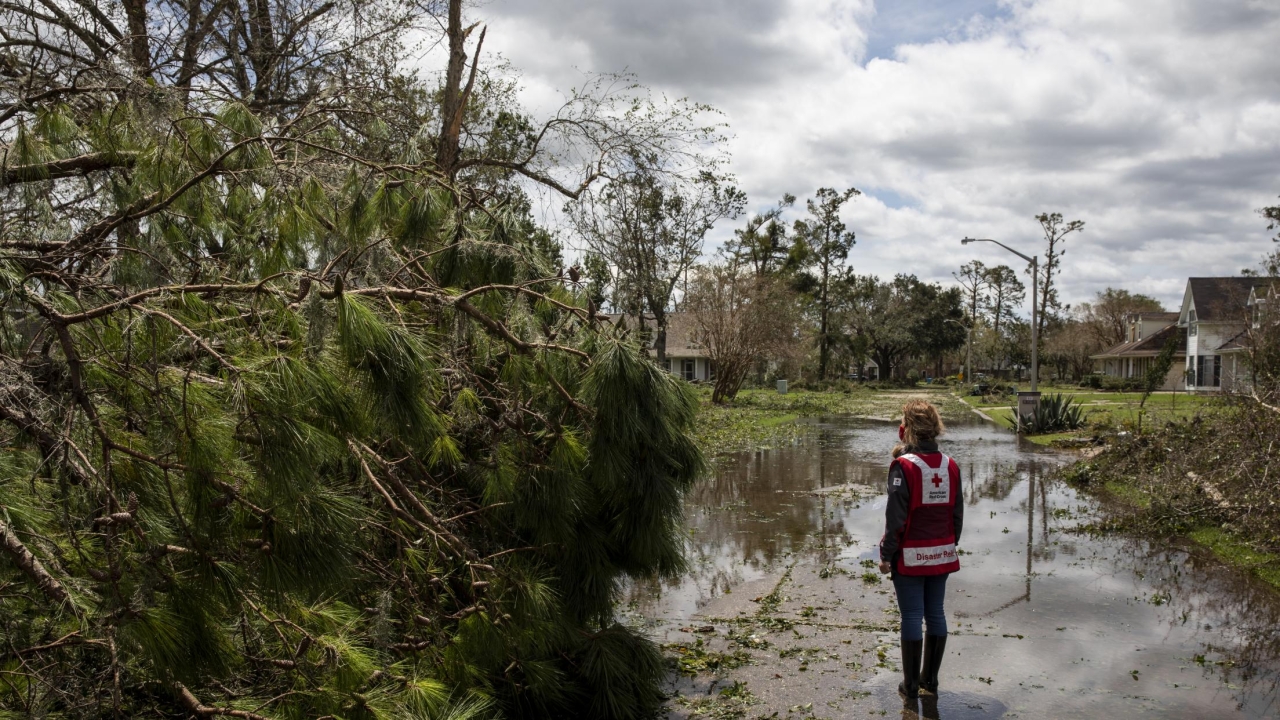Food & Climate
Hurricane Beryl has a significant impact on Jamaican and other Caribbean islands agriculture and food supply.
The storm caused widespread damage to crops, livestock, and infrastructure, leading to disruptions in food production and distribution.
Many farmers were left without the means to continue their operations and others reported damage to their crops and livestock, according to report seen by “Food & Climate” platform.
The agriculture sector is a vital part of Caribbean islands economies. For example, it is providing employment for thousands of people and contributing to Jamaica GDP.
The damage caused by Hurricane Beryl has had a direct impact on the livelihoods of farmers, many of whom have lost their entire crop due to flooding and wind damage. This loss of income will have a ripple effect on the wider economy, as farmers are forced to cut back on spending and investment in their businesses, according to “times”.
In addition to the immediate impact on farmers, the destruction caused by Hurricane Beryl will also have a long-term effect on Jamaica’s food supply. The storm has destroyed crops such as bananas, plantains, and citrus fruits, which are staples in the Jamaican diet. This loss of produce will lead to a decrease in the availability of fresh fruits and vegetables in the market, potentially driving up prices and making it harder for consumers to access nutritious food.
So the Food and Agriculture Organization of the United Nations (FAO), as part of the United Nations Emergency Technical Teams (UNETT), is deployed in the areas affected by Hurricane Beryl in the Caribbean to advance rapid needs assessment and preparation of proposals, under the leadership of the Caribbean Disaster Emergency Management Agency (CDEMA), to restore production and livelihoods.
The primary humanitarian needs for the food security sector are focused on restoring the fishing capacity of artisanal fishermen and actors involved in the value chain, including processing, conservation, and transformation equipment and infrastructure; providing planting materials to recover affected crops as well as inputs for short-cycle crops that serve as an alternative source of food and income; cash transfers and other mechanisms so that the most vulnerable fishermen and farmers can access basic needs; and food assistance for the affected population, according (FAO) statement.
Preliminary indications are that approximately 60,000 people require humanitarian assistance in Grenada, St. Vincent, and the Grenadines. Loss of fishing capacity, including damage to vessels, support infrastructure, and fishing equipment, and damage to crops and livestock, have been reported, FAO said.
Agriculture in Jamaica has also suffered damage, with preliminary assessments indicating that several crops have been affected. Access to rural areas remains a challenge, and authorities estimate over US$6.4 million in damage to the agricultural sector, raising concerns about food security and livelihoods. Damaged crops include vegetables and fruits, which are sources of food on the island. In addition, the livestock and fisheries sectors have also experienced considerable damage.
To date, the Ministries of Agriculture of St. Vincent and the Grenadines and Grenada have officially requested FAO to support the recovery of their food production systems through emergency agricultural interventions critical to safeguarding the lives and livelihoods of the most vulnerable. Requests for assistance include the distribution of seeds, fertilizers, fishing inputs, repair of boats and critical processing, preservation and transformation infrastructure, and support for subsistence livestock farming, among others.
The United Nations World Food Programme (WFP) also has kicked off distributions of emergency food assistance to people severely affected by Hurricane Beryl on the islands of Saint Vincent and the Grenadines and Grenada, according a statement.
Canada is providing support to the Caribbean Region in the wake of Hurricane Beryl, too.
Minister of International Development, Ahmed Hussen, announced that Canada is providing over $1 million in humanitarian assistance funding in response to the devastation caused by the hurricane.
This funding will allow Canada’s humanitarian partners to provide life-saving assistance, such as emergency food and nutrition services, protection and logistics services, and to ensure that humanitarian goods are dispatched and that humanitarian workers continue to be able to respond to the crisis in the face of daunting challenges, according to “Caribbean news”.
Hurricane Beryl is a major Atlantic storm, it comes from a list originated and recycled every six years by the “World Meteorological Organization”.
A name is retired and replaced when a storm with that name causes extreme property damage and loss of life. Beryl is the second name on the list for 2024.
All named storms are a form of tropical cyclone, a rotating, organized system of clouds and thunderstorms that originates over tropical or subtropical waters and has a closed low-level circulation, according to “convoy of hope”.

